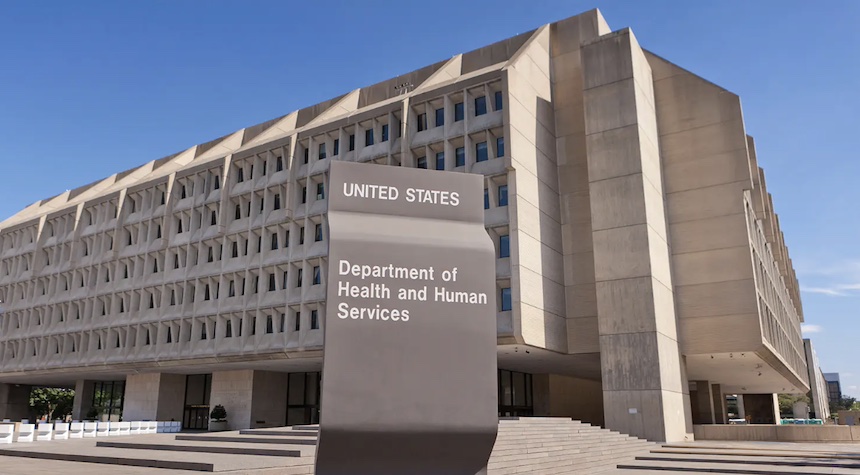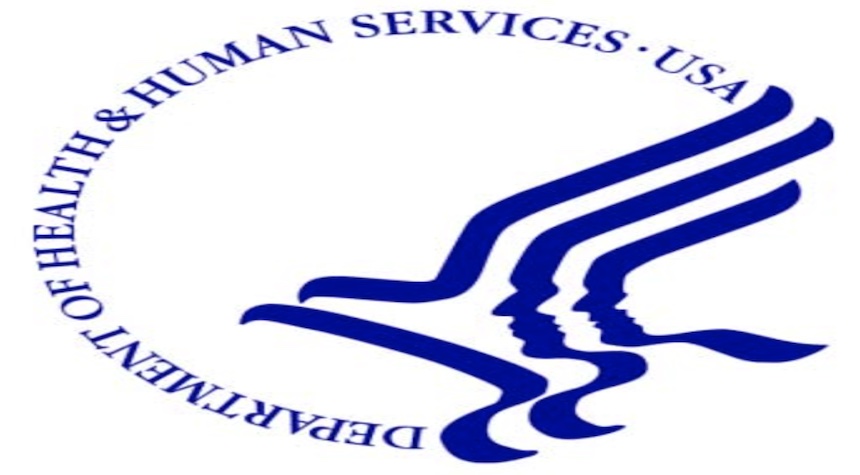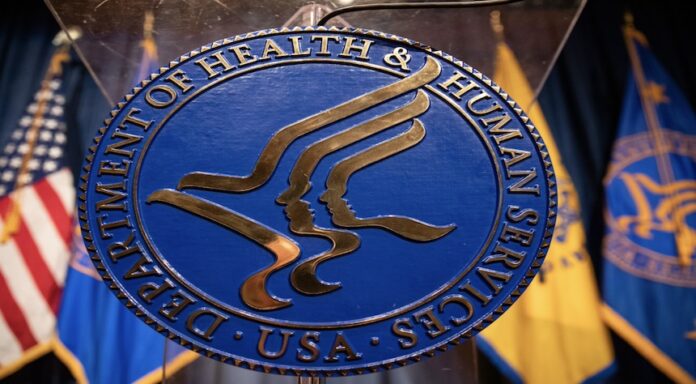A new directive, issued by Health and Human Services and a few federal judges, was given out on Wednesday. This is in connection with National Coming Out Day. In the directive, federal employees and those appearing before federal courts were required to use preferred pronouns. Just the News has traced the origins of the directives back to the Office of Personnel Management’s guidance. The document is written in Federalese. Here is the relevant portion.
Names and Pronouns
It is important to address all applicants and employees by their names and pronouns. Correct names and pronouns help create workplaces that are free from discrimination and harassment. This creates a more inclusive workplace where applicants and employees alike are treated with dignity. In general, the use of a wrong name or pronoun in an isolated or inadvertent manner will not be considered harassment. However, according to the Equal Employment Opportunity Commission, continued use of erroneous names or pronouns (or both) can create a hostile workplace.

In order to refer to an employee by their chosen name and pronouns, in both written and verbal interactions, agencies shouldn’t require any documentation, such as a medical certificate, a legal name change, or identifying gender markers.
Just the News reported that in addition to HHS, at least five district court judges of the 10th Circuit Court of Appeals demand the use of the “selected pronouns of attorneys, litigants and witnesses” and two others exert pressure on litigants.
On October 6, Kansas Attorney-General Kris Kobach wrote a letter addressed to Jerome A. Holmes. Holmes is Chief Judge of the 10th Circuit. Kobach noted in the letter that it is only a relatively recent idea that an individual can choose their pronouns and require others to use them. Kobach also claims that using “they” or “them” in documents can cause problems. Kobach raises that forcing someone else to use pronouns, and thus “affirming such individual choices or feeling” crosses a line. It also raises questions about compelled speech and the First Amendment.

Kobach made the very important point that if a court forces a litigant to use pronouns they demand, it raises the question of judicial neutrality. Kobach notes that by doing so, the court “stakes out” its position on an issue that is still “unsettled both in law and in society.”
Kobach’s Letter raises valid questions. This is also a quixotic letter. In 21st-century America, the First Amendment can mean whatever those in power want. At some point, the pronoun issue will be nullified. It is now impossible to ignore the demand for correct pronoun usage. If, like many, you don’t care, your only choice is to play the pronoun Roulette and risk a sanction or to be forced to care, which is, after all the goal. You will be forced to care, even if you’re open-minded or believe that you should live and let live. You will not be able to remain neutral.


